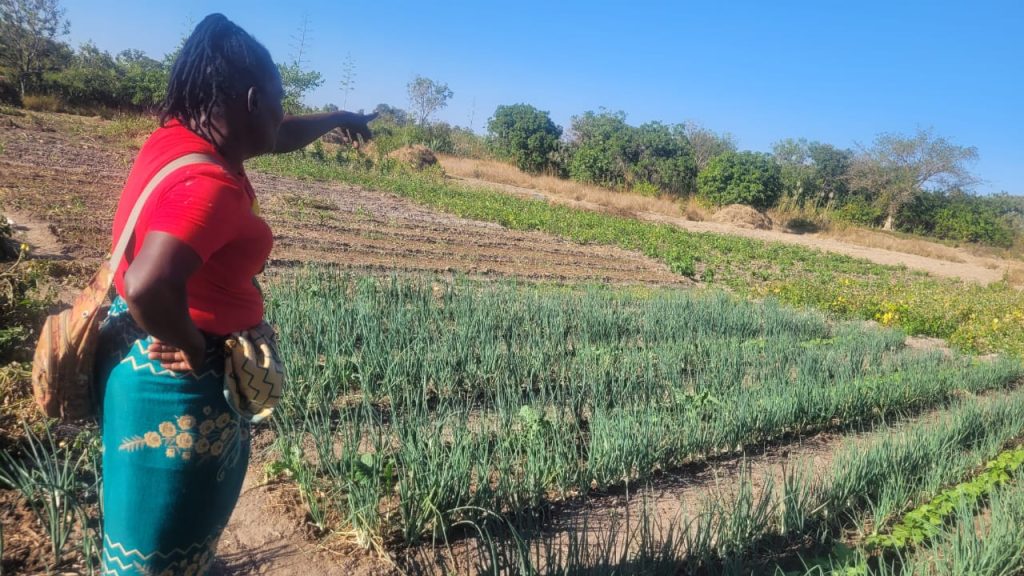Arts Correspondent
KING ISAAC, a Zimbabwe-born reggae/Afro-jazz singer who is based in the United States, recently released two songs “Mkoma Woye” and “Time for Love.”
Born Isaac Kalumbu in Harare, King Isaac’s song “Usatore Mutoriro” is currently riding high on the Classic 263 music chart show.
Last week, “Usatore Mutoriro” occupied fourth position on the radio station’s Top 20 chart show.
The Digital Telegraph (DT), had a chat with King Isaac (KI) from his Michigan, United States base on issues relating to the new releases.
Read On…..
DT: You are such a prolific singer, what motivates you to compose and release songs regularly?
KI: songwriting comes naturally to me. I get lyrics and melodies very often and usually that happens from imagination or after something has happened or when something is happening. Events in life; things that I see or hear about, or things that I experience, inspire me.
So sometimes I just feel like putting those experiences to song and it happens pretty quickly and very often. So right now, I have a backlog of releases. I am at my happiest when I am writing songs, or recording or performing.
DT: You also released two songs “Mkoma Woye” and “Time for Love”, how were the songs received?
KI: It is probably too early to say, but we are very pleased with the initial response. The numbers are looking good and some radio stations have picked the songs, so we are thankful.
DT: Time for Love is a reggae song, with Mukoma Woye being a jiti song. Was it not difficult for you to switch from one beat to the other?
KI: No, not at all. Remember I was born and raised in Zimbabwe on Zexie Manatsa, Oliver Mutukudzi, Thomas Mapfumo, and others. Even though I am primarily a reggae singer, I have not lost touch with my Zimbabwean music so I move seamlessly and easily between Reggae and African popular music styles, because I grew up with both. And this is not anything new in my catalog. In 2002 I released my debut, a fully reggae album named King Isaac. On that album, I had songs like Shanje Moto, and Kuchema Kwedu (that I did with the Mahotella Queens.) It was a reggae album, but the very next album after that, one called Munokokwa Mese, has Zimbabwe music styles with a few reggae songs on it and then of course, most of my albums after that are reggae.
DT: You are into Lovers Rock music at a time when other musicians are switching to dancehall and other genres. What motivates you to stick to Lovers Rock?
KI: Lovers’ rock is reggae music, and reggae music is timeless. All you need is a good song and people will love it.
When we write these songs, we are not targeting a specific age group or specific group of people. We just concentrate on making good music, and we believe that the songs will be received well because a good song is a good song no matter who you are or how old you are.





